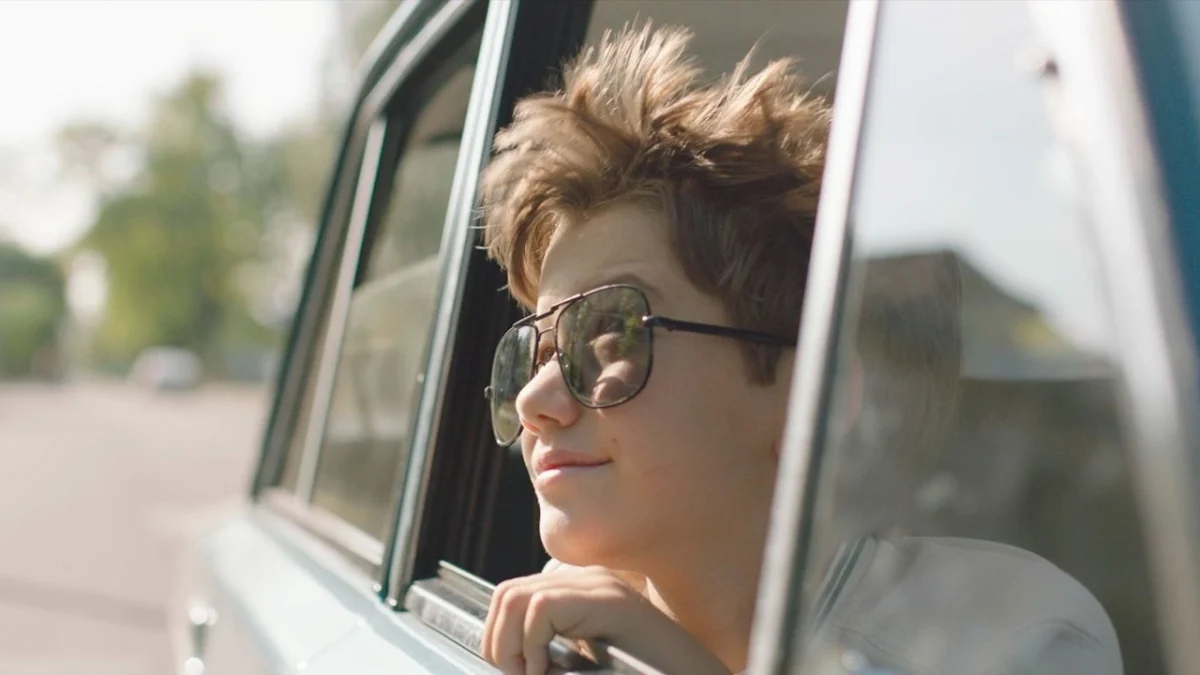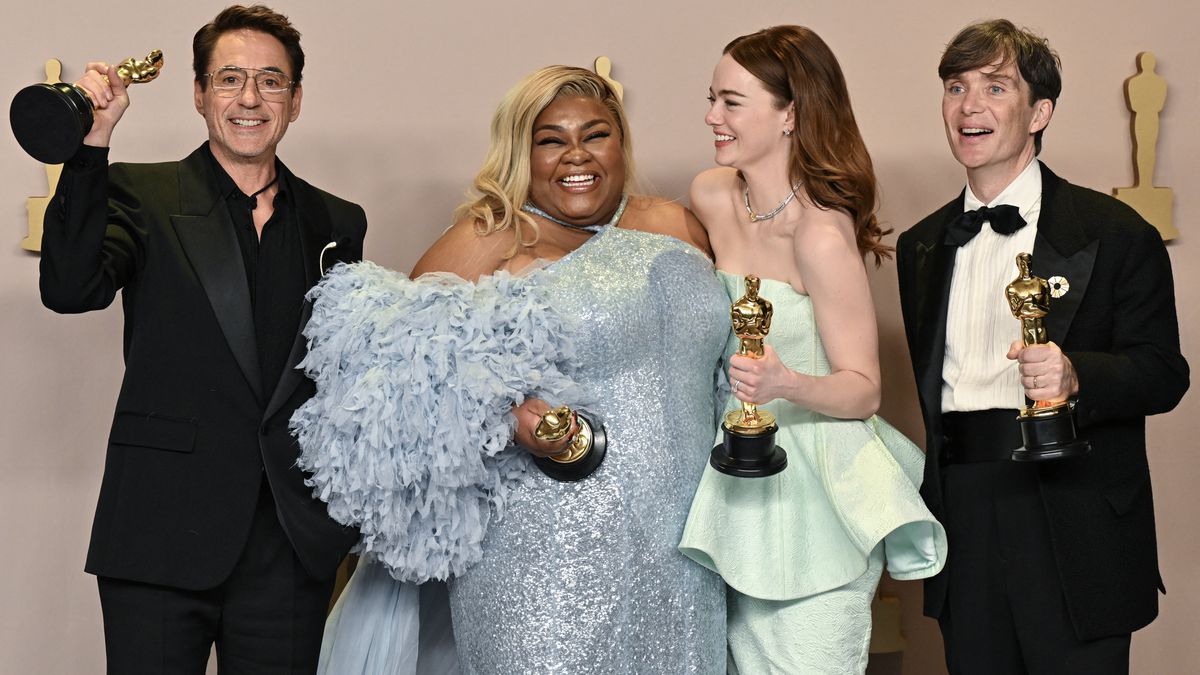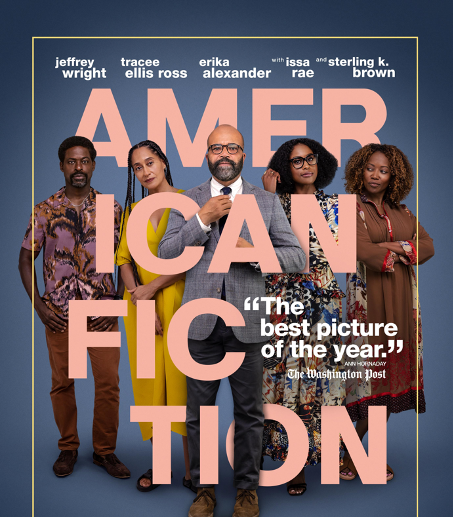“Hello, gorgeous.”
Audiences first heard that iconic opening line in movie theaters 50 years ago this month, as Fanny Brice walked backstage through an empty theater in a matching leopard-print coat and hat and stops in front of a mirror.
“Funny Girl” is based on the real life of comedienne/entertainer Fanny Brice and her gambling husband Nicky Arnstein. The musical was originally brought to Broadway in 1964 and follows Brice (Barbra Streisand) from the start of her career to her separation from her husband, Arnstein (Sydney Chaplin). The majority of their story is told through a flashback, with the audience seeing primarily Brice’s journey.We see Brice through it all: from rejection to success, love to heartbreak, bubbly teenager to collected woman. We see her as a (not very good) chorus girl for Mr. Keeney’s vaudeville show to a Ziegfeld star. We see her and Arnstein fall in love, start a family and eventually separate, even though she still loves him deeply.
The 1968 film adaptation is similar to the stage production, with Streisand reprising her role as Brice and Omar Sharif playing Arnstein. Although some scenes and songs were cut and some were added, the film stays true to the stage production with many of the popular songs from Bob Merrill and Jule Styne’s score, including “Don’t Rain on my Parade,” “I’m the Greatest Star” and “People.” The film was directed by William Wyler and produced by the real Fanny Brice’s son-in-law, Ray Stark.
Although this is Streisand’s film debut, it is one of her best performances. Not only is the 26-year-old’s vocal performance impressive, her comedic timing couldn’t be better. In a piece from the New York Times dated Sept. 20, 1968, Renata Adler wrote a less than favorable review of the film, but highlighted Streisand’s talent and skill. “When she is singing— in a marvelous scene on roller skates—when she throws a line away, or shrugs, or looks funny or sad, she has a power, gentleness and intensity that rather knocks all the props and sets and camera angles on their ear,” Adler wrote. For her portrayal of Brice, Streisand tied for the Oscar for Best Actress with Katharine Hepburn.
Similar to Streisand’s real-life success, Brice’s career is launched by her immense talent. After Brice is initially rejected by Keeney in “Funny Girl,” she continues to try and sell herself. She sings about how she is the greatest star and proves herself worthy of being on stage. Her looks, which used to be seen as a flaw, are accepted and celebrated, as is her “kookiness,” apparent in most musical performances in the movie. This is similar to Streisand’s rise to fame, playing up her “kookiness” while performing in clubs in the early 60s lead to her getting attention, which then lead to a record deal, roles in the theater and eventually roles in film.
It is no surprise the film continues to resonate with audiences decades after its release. The newest crop of fans may have become familiar with the musical from the television show “Glee.” One of the main characters in the show, Rachel Berry (Lea Michele), looks up to Streisand and her role as Fanny Brice. She and other characters sing the score throughout the show’s six seasons, and there is even a plot line where Berry plays Brice in a Broadway revival of the musical. Like Berry, many find similarities between Brice and themselves.
At the end of the day, we see a simple Jewish girl from New York rise to fame because of her talent. She remains undeterred by the criticism of several characters throughout the film, who express concerns that a girl who looks like her won’t be successful in show business. She wins over Arnstein not just with her appearance, but with her captivating personality and sense of humor. Brice knows she’s different and knows she’s not considered “traditionally beautiful” by the standards of the time, but she thrives nonetheless, knowing her talent will rise above all else.
Abigail Charpentier can be reached at [email protected] and followed on Twitter @abigailcharp.




















